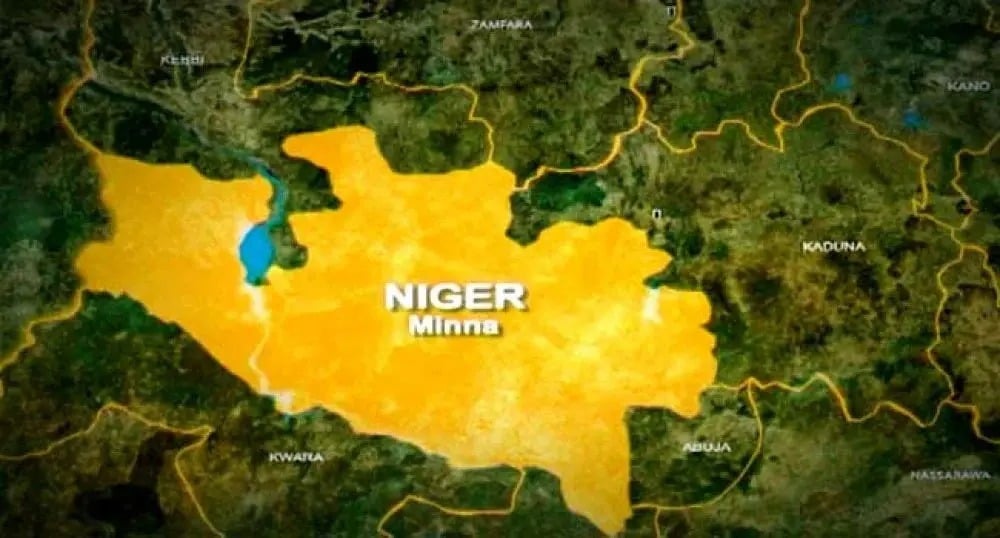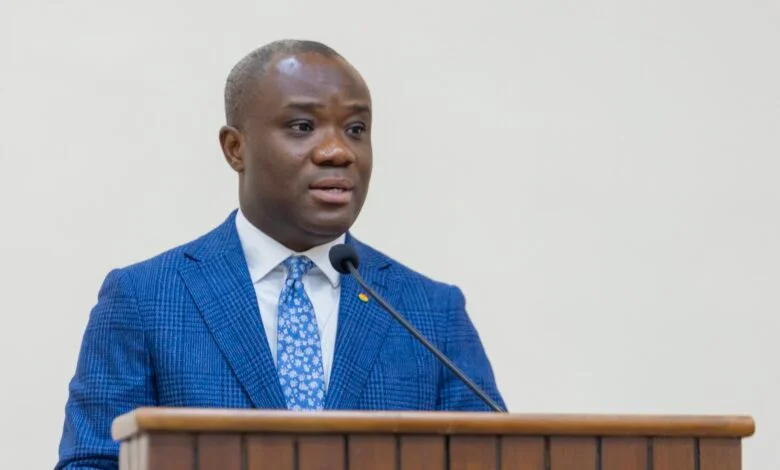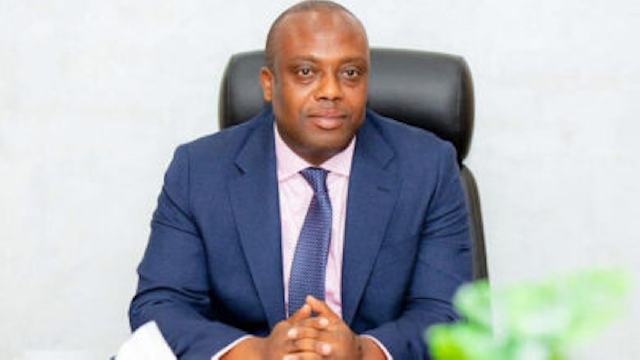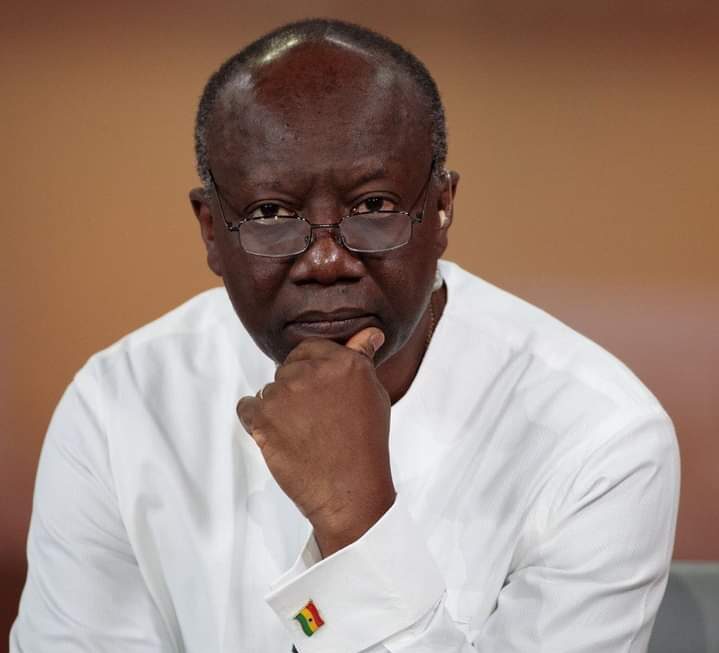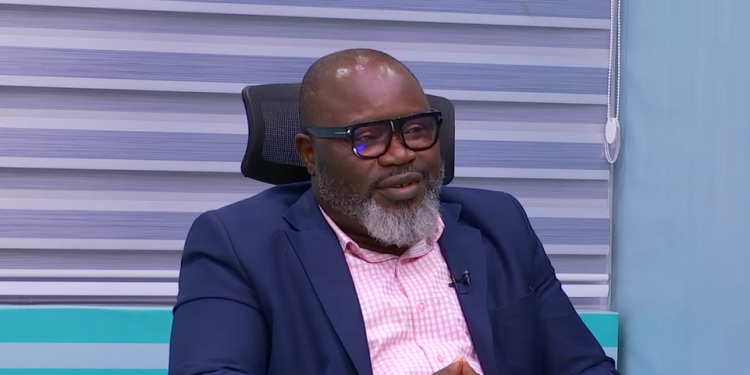Mobilization of the economy – at whose expense. There was still a crisis in Russia, but yesterday. There is no plan, but the outlook is positive. Academician Nigmatullin puts the authorities “bad”. Gas tariffs are proposed to be raised. In the Duma, they began to prepare shawarma. Russian tourists are taxed in tribute. The topic of the abolition of pensions is back in the game. There are no negative forecasts in Lipetsk. 1. Russian Finance Minister Anton Siluanov announced that the Ministry of Finance is preparing to mobilize the resources of the economy in the next three years. According to the minister, despite the serious budget deficit of 2023, there are no special problems yet, but for the next three years it is necessary to mobilize “all resources”. In other words: since there is no reason to believe that such a deficit is only a matter of one year and that the former revenues from oil and gas will return, the government will look for other sources of income in these very “all resources”. And what is the main resource minus oil and gas? There is only one answer: people and the businesses they undertake. And the science of the domestic economy knows three options for finding resources in this substance. The first is to raise taxes. The second is to cut off the social programs of the state. The third is to devalue the ruble. So economists are left wondering how many of the three methods will be used. This economy is “completely unadapted to respond to profound changes,” he said in an interview with On the Eve. Ru economist Alexander Buzgalin: “This economy can react only at the expense of additional finances: shortages, eating up the stock that has been set aside. Unfortunately, it does not have internal mechanisms of development. If everything is preserved as it is, the deficit will deepen. Judging by the way they have always reacted before, there will be no increase in income taxes, a progressive income tax and other sources of increasing resources at the expense of richer agents of the economy. There will be cuts in social spending, fictitious wage increases, minimum wages, which in fact barely covers inflation, if it covers it at all, because inflation for the poorest segments of the population is always 1.5 times higher than average inflation. In general, all this is reminiscent of an old joke from the times of perestroika: “-Dad, vodka has risen in price. Are you going to drink less now? “No, son, you’re going to eat less now.” There is, however, another unusual option. Not to squeeze an “additional resource” out of the economy for the state budget, but to cut the ambitions and habits of the state to the possibility of the economy. Recently, Anton Siluanov presented such an option – a frontal reduction in government spending. The Minister of Finance suggested that all departments reduce their spending by 10% on unprotected budget items – that is, except for social ones. But, as reported by Vedomosti, the members of the government commission opposed it. Moreover, Siluanov was advised to pay attention to the acceleration of GDP growth, the devaluation of the ruble and “other factors”. Which, apparently, mean for many officials that no sequestration of expenses is needed – perhaps, and so it will carry. In general, as in the film “An Ordinary Miracle”: “When his wife was strangled in front of him, he stood nearby and said: “Be patient, maybe it will cost” … 2. In the meantime, the government chooses who or what to slaughter for the benefit of the budget, the Central Bank has prepared a whole set of analytics related to the domestic economy. In particular, the Central Bank issued a special analytical report “Assessment of the effectiveness of anti-crisis measures of the Bank of Russia”. The report says that “the crisis of 2022 was the biggest shock to the Russian market.” “Wait a minute!” – exclaims in this place a Russian who has not fallen into dementia. “Throughout 2022, deputies, politicians, officials and government media assured us that there was no crisis, and sanctions were only good for the Russian economy. Now, therefore, it turns out that the crisis was still unprecedented… So was there a crisis or not?!” But here this boring Russian will have to explain that it is not necessary to perceive everything so linearly and literally. When there is a crisis, it does not exist, and when it was defeated, it was, and what a crisis! But yesterday. And what is incomprehensible here? 3. In addition to the story about the crisis, which did not happen, but which still was, analysts of the Central Bank gave their forecast about the ruble exchange rate and the level of wages. As noted in the subtitle “Parliamentary Gazette”, “the forecasts do not look so gloomy.” Let’s look at the forecasts. Inflation in 2023 will slightly exceed the figure previously predicted by the regulator and will amount to 5.7%, and in 2025 it will drop to the level of the Central Bank’s famous target of 4%. The nominal wage of Russians will grow by 10% this year and by 7.9% next year. Real wages will grow by 4.2% this year and by 2.3% next year. The ruble exchange rate in 2024-2025 will be around 85 rubles per dollar. But here’s the dokuka. How is it possible to predict with such accuracy the level of inflation, the ruble exchange rate and wage growth – real and this (how is it, infection?) nominal, IF the dispute between the Ministry of Finance and the government has so far ended in nothing and it is still unclear what budget expenditures will be cut, how the ruble will be devalued and whether taxes will be raised? In such circumstances, such an accurate forecast is just some kind of miracle. No, not just a miracle, but a Russian economic miracle, since only in our country it happens: we do not know what we will do YET, but we ALREADY boldly predict what the
- +23356336062
- apexnewsgh@gmail.com
- Upper East, Ghana

Hot News



